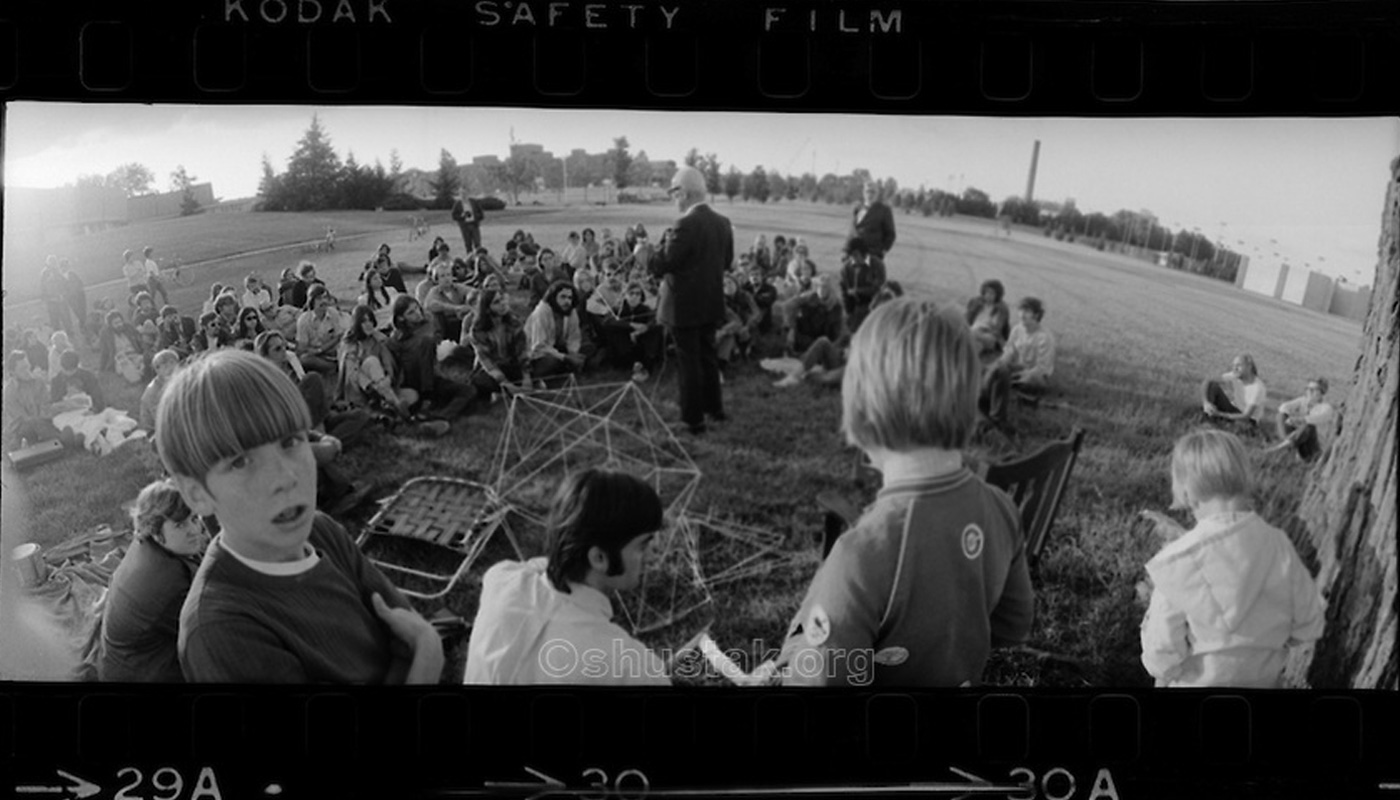
Bauhaus
Weimar, Germany
1919 > 1933
"The Bauhaus represented a school of thought founded on the belief that the difference between industry and craft is due, rather than to the different nature of the tools used in the two sectors, to the different types of organization of work in two areas: on the one hand the division of labor; on the other, the total control of the entire production process by the single craftsman. [...]
Trade and industry, in particular, began to look with interest to the artists. There was a sincere desire to integrate the functional efficiency with beauty and formal elegance, these qualities, which the technician was not able to provide. The industry then began to purchase the artists' projects. But these paper patterns proved unreliable: the artist was too divorced from reality, too abstract and too inexperienced for the technical aspects of the production is to be able to reconcile his own conception of the poem co industrial process. On the other hand, the industrial and the coach were not farsighted enough can understand that the fusion of form, efficiency, and economy who wished to obtain in a single product was not feasible if not integrating the entire production cycle time and accurate collaboration of an artist with the requisite skills. As a designer of this type did not exist, it was necessary to set the future formation of the artistic talents on a solid practical basis to acquire the factory environment, combined with a precise knowledge of the design laws. [...]
The Bauhaus workshops were in fact places where they were planning new models for news articles or improved, with a view to mass production, existing prototypes. To create forms-type that would meet all the technical requirements, aesthetic and commercial needed a team of quality first, a group of people with a solid background of general culture, broadly competent on both the practical and mechanical design side, and on that of his theoretical and formal laws. "
/Text excerpted from "The New Architecture and the Bauhaus”, Walter Gropius, 1935/







